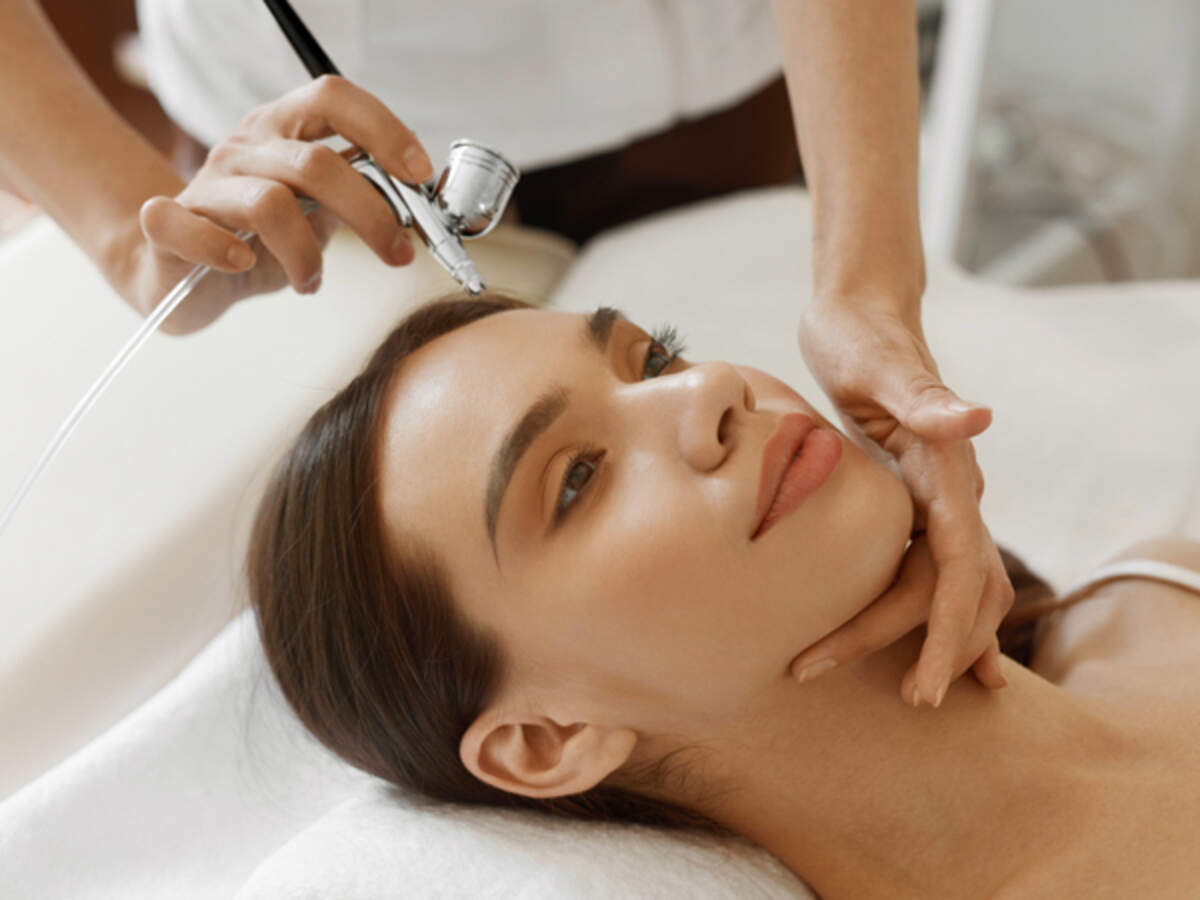skincare professionals and may range from simple at-home remedies
Skin treatment refers to various procedures, products, and therapies used to improve the health, appearance, and overall condition of the skin. There are numerous skin conditions and concerns that people may seek treatment for, including acne, wrinkles, hyperpigmentation, scars, sun damage, and dryness, among others. Skin treatments can be performed by dermatologists, estheticians, or other skincare professionals and may range from simple at-home remedies to more advanced medical procedures. Here are some common skin treatments:
Cleansing and Moisturizing: Basic skincare involves daily cleansing to remove dirt, oil, and impurities, followed by moisturizing to hydrate and nourish the skin. This routine helps maintain the skin's natural barrier and prevent dryness.
Exfoliation: Exfoliating the skin involves the removal of dead skin cells, which can improve skin texture and promote a radiant complexion. This can be achieved through physical exfoliation (using scrubs or brushes) or chemical exfoliation (using products with ingredients like alpha-hydroxy acids or enzymes).
Acne Treatment: Acne is a common skin condition characterized by clogged pores, inflammation, and breakouts. Treatments may include topical creams or gels containing ingredients like benzoyl peroxide or salicylic acid, oral medications, chemical peels, or light-based therapies such as laser or photodynamic therapy.
Anti-Aging Treatments: To address signs of aging like wrinkles, fine lines, and sagging skin, various treatments are available. These may include topical retinoids, anti-aging creams, facial fillers (e.g., hyaluronic acid or collagen injections), Botox injections, chemical peels, microdermabrasion, or laser resurfacing.
Hyperpigmentation Treatment: Hyperpigmentation refers to areas of the skin that are darker than the surrounding skin due to increased melanin production. Treatments may involve topical creams or serums containing ingredients like hydroquinone, retinoids, or vitamin C, as well as chemical peels, microdermabrasion, or laser therapies.
Scar Treatment: Depending on the type and severity of scars (such as acne scars or surgical scars), treatment options may include topical scar creams or gels, silicone sheets or gels, steroid injections, microdermabrasion, chemical peels, dermabrasion, or laser treatments.
It's important to note that the choice of treatment depends on individual Inductivv , specific concerns, and the recommendation of a qualified skincare professional. Consulting with a dermatologist or esthetician can help determine the most suitable treatment plan for your skin.

Comments
Post a Comment